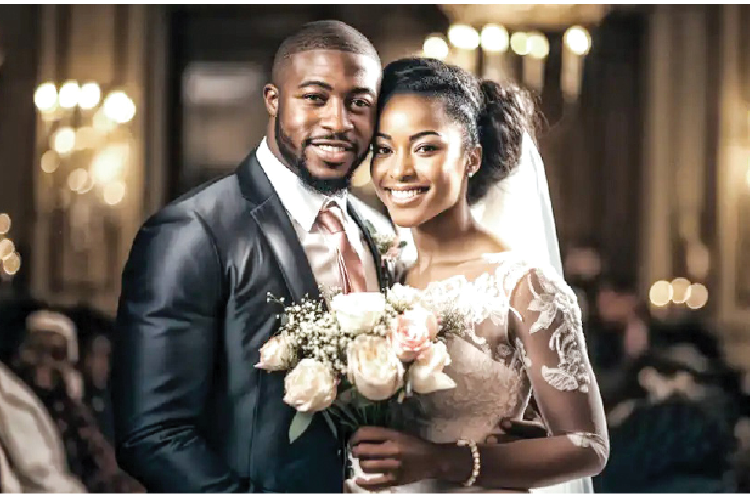Marriage has long been regarded as one of the most significant life events, a cultural cornerstone that brings two individuals together. However, the notion that marriage is somehow a favour to women has been a point of contention for many.
While some see marriage as an opportunity for women to settle into a more stable and fulfilling life, others question whether it perpetuates outdated societal expectations. So, is marriage really a favour done to women, or is it an institution that requires a more nuanced understanding?
The Historical Perspective: A Favor Or A Constraint?
Historically, marriage has often been portrayed as a crucial milestone for women, with many cultures placing immense pressure on women to marry for security, social status, and respectability. In the past, women had limited economic opportunities, and marriage was one of the few acceptable ways to ensure financial and social stability. In this context, it could be argued that marriage, at least in earlier centuries, served as a favor done to women—offering protection and the promise of a more secure future.
However, this perspective also implies that women were largely dependent on marriage for social mobility, which is a double-edged sword.
Many women were married off with little regard for personal desires, autonomy, or emotional fulfillment. The concept of “marriage as a favor” begins to crumble when we consider the deep sacrifices and limitations imposed upon women within the confines of traditional gender roles.
Changing Times: Is Marriage Still A Favour?
In modern society, the dynamics of marriage have evolved significantly. Women today have greater access to education, financial independence, and career opportunities, which means that the idea of marriage as a life-altering favour is becoming less relevant. In many cultures, women no longer feel the societal pressure to marry as a way to gain stability or respectability. Women are choosing partners based on love, companionship, and shared values, rather than obligation or survival.
That said, the institution of marriage still comes with gendered expectations. While men are often expected to be the breadwinners, women are sometimes still expected to be primary caregivers and homemakers, which can lead to an unequal balance of power within marriages. Therefore, even in today’s more progressive world, marriage can sometimes still feel like a favor to men, as they may not face the same pressures to conform to gendered roles.
Marriage As A Partnership, Not A Favour
At its best, marriage is a partnership of equals—an alliance in which both partners contribute to the relationship’s success and well-being. For a marriage to be truly beneficial, both parties should feel supported, respected, and fulfilled. Marriage is about companionship, emotional support, and shared goals, not a transactional arrangement where one party is “doing a favor” for the other.
The question of whether marriage is a favour done to women boils down to this: Are both partners in the relationship contributing equally, or is one partner being asked to give up more for the sake of the other? A healthy, modern marriage should be about mutual benefit and equality, where both individuals have the freedom to express their identities and pursue their dreams, together and independently.
The Evolution Of Marriage
The notion that marriage is a favour done to women is rooted in outdated and limiting perspectives that fail to account for the evolving nature of relationships today. Marriage, when approached as an equal partnership, is no longer about favours or obligations; it’s about love, respect, and shared growth. As society continues to evolve, so too does the understanding of marriage—not as a favour done to women, but as a mutually fulfilling bond between two individuals.





